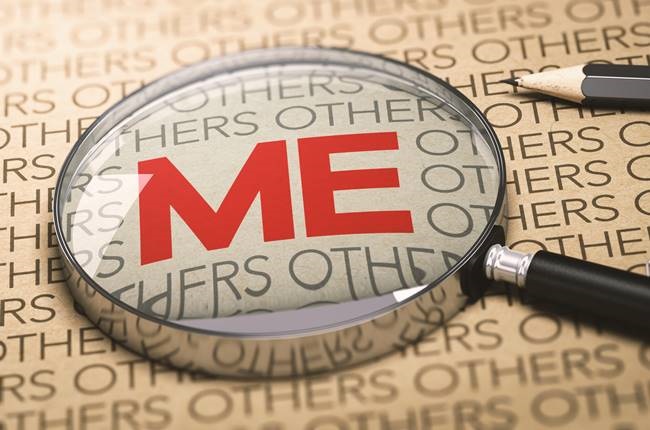
I recently found myself in a deeply embarrassing situation, one that unfolded in front of colleagues and close friends. The aftermath left me grappling with overwhelming feelings of shame and guilt.
Although there was an outpouring of love and support from those around me, with the inner child in me who was raised to care about people’s opinions and how I should present myself in public, I found myself torn between moving past this embarrassing incident and dwelling on it out of fear of judgement and gossip.
I’ve always admired those who live authentically, unabashedly embracing life despite potential criticism.
READ: Dashiki | When your mind tries to kill you
Yet, following my public embarrassment, clinging to this notion of perfection left me feeling vulnerable and isolated. I became fixated on past events, failing to acknowledge my own humanity and capacity for mistakes.
I’ve come to realise that this syndrome stifles our happiness and inhibits our ability to fully embrace the human experience, with all its ups and downs (including people gossiping about us).
Embarrassing moments, tragedies, pain, happiness, love, success and all that we go through in life are the true mark of being human.
I’m not saying we should be living our lives carelessly and/or with indifference to others’ opinions.
In the aftermath of my own ordeal, I’ve chosen to prioritise genuine love and support over the opinions of those who would criticise or gossip about me. People will always have something to say about you, whether you do good or bad.
READ: Dashiki | Be yourself – it brings peace of mind and...everyone else is taken
And, as US professor and writer Brené Brown once said:
She believes that shame is basically the fear of being unlovable. If it means that you have to be “unlovable” when your flaws are exposed publicly, then so be it.
I refuse to be held captive by the opinions of others. I’m choosing to step into the infinite power of my light, embracing my humanity and charting a path towards growth and self-acceptance.




 Publications
Publications
 Partners
Partners









